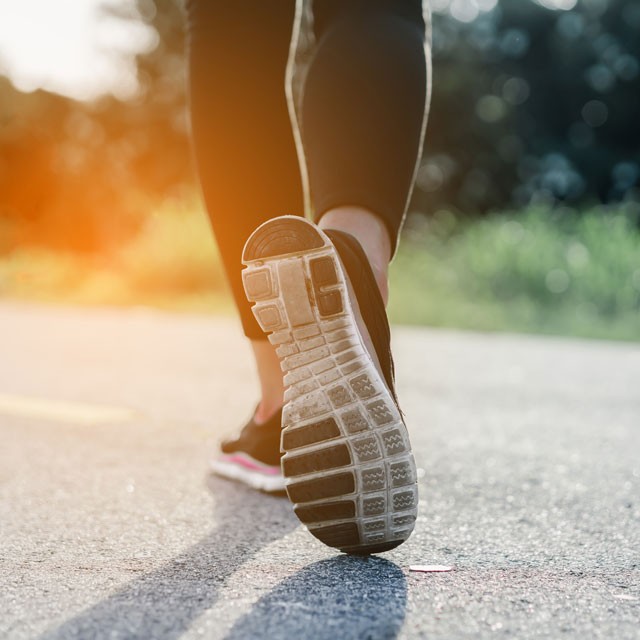Itchy legs are a common annoyance, often attributed to simple causes like dry skin, allergies, or insect bites. While these are frequently the culprits, persistent itching, especially concentrated in the calves and ankles, could signal a less obvious underlying issue: vein problems. According to Dr. Stephen F. Daugherty, a vascular disease specialist at Vanderbilt Vascular Surgery Clarksville, vein issues are a surprisingly frequent cause of itching in the lower legs. Understanding this connection is the first step towards finding effective relief.
The Unexpected Link Between Vein Problems and Itchy Legs
Our veins play a crucial role in circulating blood back to the heart. However, gravity constantly works against this process, particularly in the legs. This gravitational pull can lead to increased pressure within the veins of the lower legs. Over time, this pressure can contribute to a condition known as venous insufficiency, which manifests in various symptoms, including that bothersome itch.
Dr. Daugherty explains, “Throughout the day, gravity pushes blood downwards into our lower legs, leading to a recurring cycle of swelling. This swelling, though sometimes subtle, creates pressure that forces small amounts of fluid, along with blood cells and proteins, to leak through the walls of microscopic veins and irritate the skin.” This continuous pressure and swelling throughout the day cause the skin to stretch and become irritated, eventually leading to microscopic cracks. These cracks are the primary source of the irritation and itching experienced in the lower legs and ankles.
Understanding Venous Insufficiency: The Root Cause of Leg Itch
Venous insufficiency occurs when the veins in your legs struggle to efficiently send blood back up to your heart. Healthy veins have valves that ensure blood flows in one direction – upwards towards the heart. In venous insufficiency, these valves become weakened or damaged. This malfunction allows blood to pool in the legs, increasing pressure within the veins. This elevated pressure is the key factor leading to the fluid leakage and subsequent skin irritation that triggers the itching sensation. The daily cycle of swelling, as blood accumulates in the lower legs during the day, exacerbates this process, making the itching a recurring and often worsening symptom.
Recognizing Symptoms Beyond Itching: What Else to Look For
While itching is a prominent symptom, individuals experiencing vein-related leg itch might also notice other signs. Dr. Daugherty points out that “People often disregard minor ankle swelling that develops as the day progresses, but the itching usually gets their attention.” Therefore, it’s essential to pay attention to accompanying symptoms.
Look out for:
- Subtle Rash: A faint pinkish rash on the lower leg skin.
- Discoloration: A bluish tint to the toes or lower leg skin.
- Varicose Veins: The presence of varicose veins, which are enlarged, twisted veins that are visible beneath the skin’s surface. These are a clear indicator of vein problems.
Recognizing these symptoms alongside the itching can provide valuable clues about the underlying cause and emphasize the need for further evaluation.
The Risks of Ignoring Itchy Legs: More Than Just an Annoyance
Scratching itchy legs might seem like a harmless reaction to an irritating sensation, but it can lead to more significant health issues, especially when the itch is related to vein problems. The chronic swelling and skin changes associated with venous insufficiency weaken the skin’s integrity.
As Dr. Daugherty warns, “Scratching swollen skin can lead to infection, including a potentially serious bacterial infection called cellulitis.” Cellulitis is a bacterial infection of the deeper layers of the skin and can be quite serious, requiring antibiotic treatment. Furthermore, the persistent swelling and skin damage can also impair the lymphatic channels, which are responsible for draining fluid from the legs back into the bloodstream. This inefficiency can worsen swelling and create a vicious cycle of skin damage and potential infection.
When to Seek Medical Advice for Itchy Legs: Don’t Delay Diagnosis
If you are experiencing persistent itchy legs, particularly if accompanied by swelling, rash, varicose veins, or skin discoloration, it’s crucial to seek medical advice. Dr. Daugherty stresses that “anyone experiencing itching, swelling, or other unusual symptoms in their legs should be evaluated by a doctor.”
Ignoring these symptoms and hoping they will resolve on their own can be detrimental. As Dr. Daugherty emphasizes, “Ignoring these problems only makes them worse.” Early diagnosis and intervention are essential to manage vein problems effectively, alleviate the bothersome itching, and prevent potential complications like infections and further skin damage. Consulting a healthcare professional, especially a vascular specialist, can help determine the exact cause of your itchy legs and guide you towards appropriate treatment and relief.
 Closeup of a woman scratching her itchy leg
Closeup of a woman scratching her itchy leg
If you are struggling with persistent leg itching and suspect vein problems might be the cause, seeking expert help is a proactive step towards healthier legs and lasting relief. Vanderbilt Vascular Surgery Clarksville, and similar vein care centers, specialize in diagnosing and treating vein conditions that cause symptoms like itching, swelling, and discomfort. Don’t hesitate to learn more and explore your options for treatment and management.
